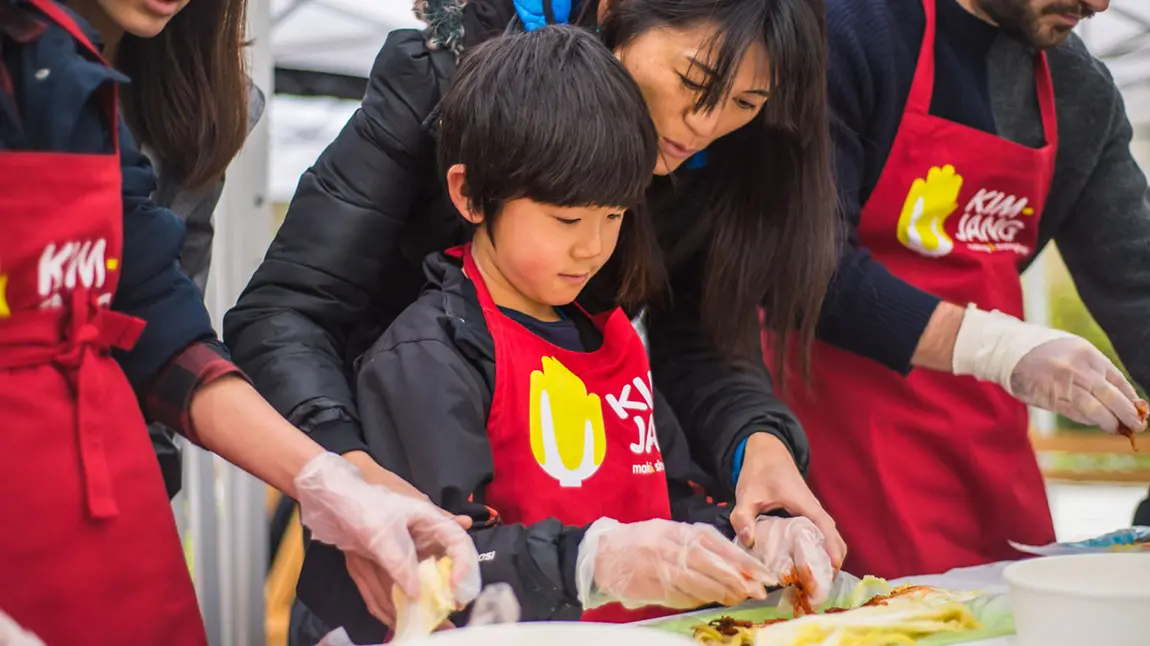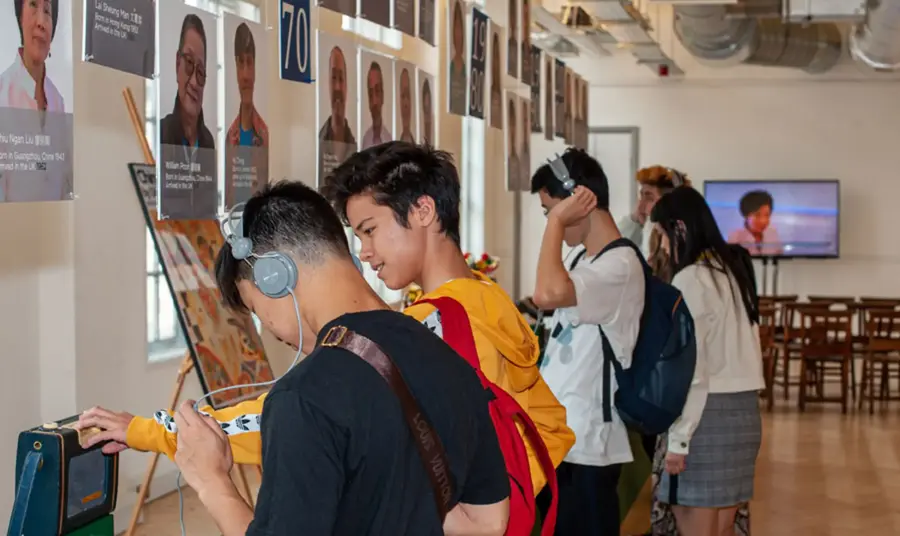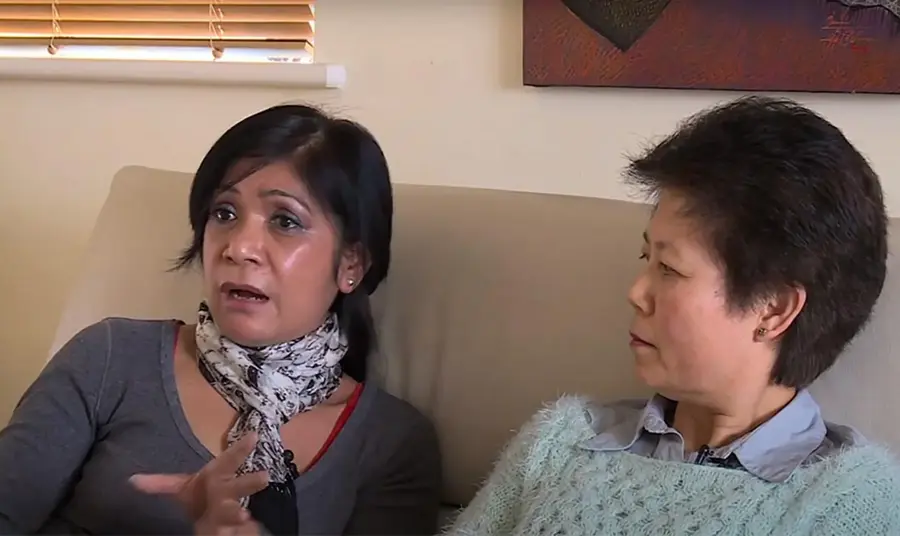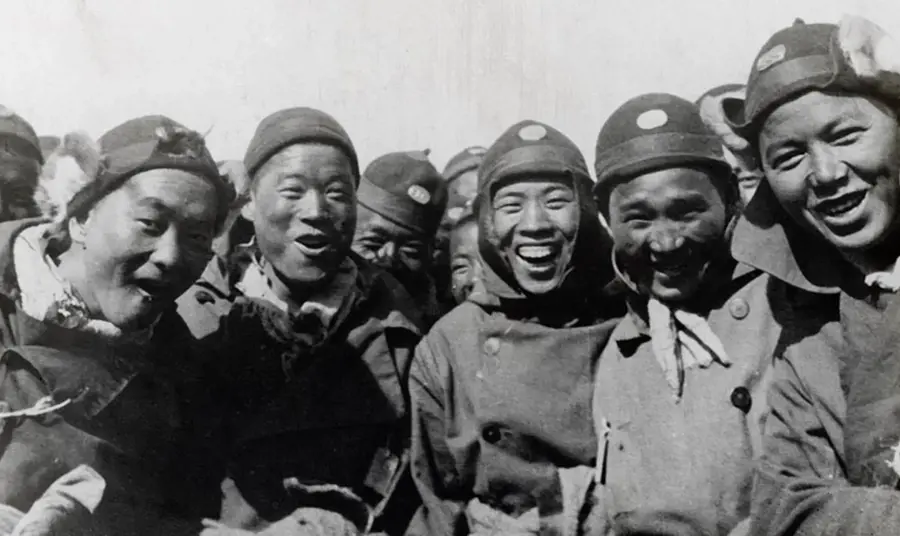Celebrating East and South East Asian heritage: sharing memories, stories and even kimchi

From building communities in Chinatown to memories of work and home life, these projects are preserving East and South East Asian history thanks to National Lottery players.
Exploring culture and community
We supported China Exchange to uncover the history of the Chinese community in London’s Chinatown, from the 1960s to the present. Recognising that the community’s heritage was in danger of being lost or misinterpreted, the project worked with specially trained volunteers to collect stories and memories from people who knew and shaped Chinatown during this time.
Manchester Chinese Archive is also dedicated to piecing together the hidden history of a local Chinese community. Manchester Chinese Centre trained volunteers from a diverse range of local communities in oral history and archive skills. Participants recorded interviews with 55 Chinese people, capturing their stories and memories of life in the city.
Kimjang, Making and Sharing Kimchi, a project led by the Korean British Cultural Exchange, recorded and celebrated Kimjang, the tradition of communally preparing and preserving kimchi to last through the winter. The project collected recipes and recollections from first-generation Koreans in Kingston upon Thames and launched the first Kimjang Festival.

Bearing witness to traumatic pasts
Oral history project Cambodian Recollections, led by SEA Arts and Khmer Arts & Heritage, invited Cambodians living in the UK to share memories of their experiences under the brutal Khmer Rouge regime. The regime aspired to make Cambodia a communist agrarian utopia but instead committed genocide and crimes against humanity.
A project by Edge Hill University and community group The Dragons of the Pool recovered the lost stories of Chinese sailors who were forcibly deported from Merseyside in 1946. Despite many of them having come to the UK to support the war effort, 1,300 men were returned to China against their will by order of the UK government.

Celebrating unsung heroes
Newham Chinese Association is celebrating the contributions of Malaysian nurses to the National Health Service and the people they cared for, by recording 20 oral histories. These tell the stories of nurses who responded to the government’s call for workers from the former colonies in the decades after the NHS was formed, preserving them for the future.
A documentary by The Meridian Society and filmmaker Peng Wenlan highlights forgotten contributions of the Chinese Labour Corps (CLC) during the First World War. The CLC was the largest group of foreign labourers to assist the Allies. The men worked gruelling 10-hour days and faced harsh conditions and discrimination from Europeans.

Living heritage
We fund projects that are helping keep our cultures and memories alive. Get inspired by more projects preserving the stories and traditions of diverse communities and find out how you can apply for funding for your project.


